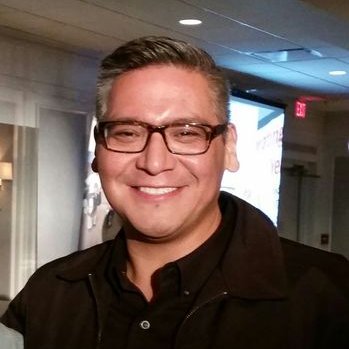The second vice chief of the Federation of Sovereign Indigenous Nations would like to see the premier do more to address racism.
David Pratt made the comments during a press conference about child welfare reform Thursday.
“One thing … was lacking in the premier’s (Sixties Scoop) apology on Monday,” Pratt told reporters gathered at the FSIN’s Saskatoon headquarters.
“We have a race problem in Saskatchewan. For us as First Nations and non-First Nations people we’ve got to start addressing that.”
Pratt isn’t the first one to criticize Premier Scott Moe for leaving out the issue of racism from his Sixties Scoop apology. Regina Leader-Post columnist Murray Mandryk.
“…might we still have prevailing views of the Sixties Scoop of half a century ago that First Nations people simply can’t handle their own affairs,” the columnist opined.
“Monday would have been a good time for all of us to take stock in our views that drive systemic racism existing in Saskatchewan. Moe’s speech would have been a good opportunity to ask each person in this province to look into his or her heart and ask whether their view of First Nations people needs to change.
“That didn’t happen Monday. We were left with an apology that fell a bit short.”
Thursday, Pratt referenced non-scientific polls by media outlets as evidence of the province’s racism problem, along with letters sent to him and social media comments made during the Gerald Stanley trial.
According to polls done by media outlets, Pratt said, 40 per cent of people said it was First nations people’s own fault for the socioeconomic conditions they were in, and 41 per cent said they saw no value in learning anything about Indigenous knowledge.
“(People aren’t) realizing or being properly educated on the impacts of government policy,” he said.
“You couldn’t leave the reservation until 1951. Our organization, our chiefs defied the Indian Agents and organized politically to give our people a voice. But Saskatchewan people don’t know that.”
Pratt said he received an anonymous letter Thursday morning asking why people would be learning about things such as residential schools if it’s not their fault.
“there’s an issue in this province,” Pratt, a former teacher, said.
“All of you remember the Boushie verdict. You all remember those comments. People weren’t even hiding their identity. Some f therm were on councils for rural municipalities, some were business professionals that said ‘good for Colten, they all should have been killed,’ calling for a genocide against First Nations people in this province.
“I think that attitude and that racism pervades not only the Ministry of Social Services but Education.”
Pratt said 83 per cent of kids in care are Indigenous, and of that 83 per cent, 60 per cent are not likely to finish high school. He also pointed to the high rates of Indigenous people who are imprisoned as evidence that more reforms need to come, first in child welfare, then in justice and finally in education.
“The systems that are there now are failing our people, and they’re not working for First Nations,” he said.
“The numbers show it. That should be a call to action. But what’s the solution? Nothing. Status quo. That has to end. It’s going to start with child welfare reform first, and lead to justice and education next.”


